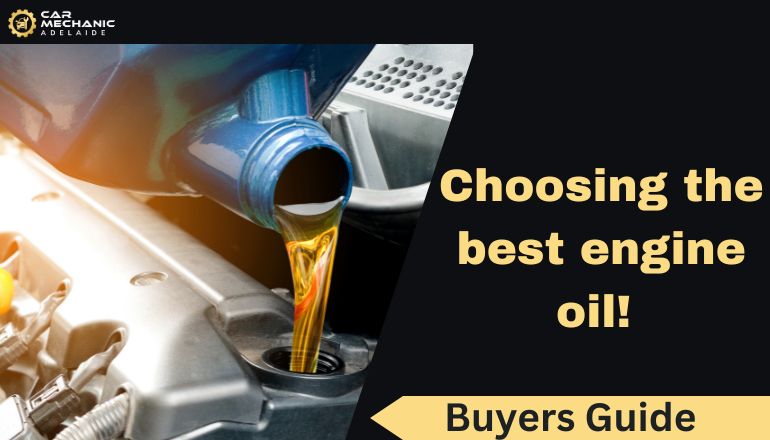The Definitive Guide: Choosing the Right Good Engine Oil for Your Car
Understanding Engine Oil Basics
Choosing the right engine oil is crucial for the longevity and performance of your vehicle․ Engine oil lubricates moving parts, reduces friction, dissipates heat, and cleans the engine by carrying away contaminants․ Selecting the correct oil can seem daunting, but understanding the basics makes the process much easier․ We’ll break down the key factors to consider․
Decoding Oil Viscosity Grades
Viscosity is a measure of a fluid’s resistance to flow․ Engine oil viscosity is typically represented by a grade like 5W-30 or 10W-40․ The “W” stands for winter, and the number before it indicates the oil’s viscosity at low temperatures․ The number after the “W” indicates the oil’s viscosity at high temperatures․ A lower number means the oil is thinner and flows more easily, which is important for cold starts․
Tip: Always consult your vehicle’s owner’s manual for the manufacturer’s recommended viscosity grade․ Using the wrong viscosity can lead to engine damage․
Understanding Multi-Grade Oils
Multi-grade oils are designed to perform well across a range of temperatures․ They provide the benefits of both thinner oils at cold temperatures and thicker oils at high temperatures․ This makes them ideal for most modern vehicles․
Types of Engine Oil: Choosing the Best Option
There are several types of engine oil available, each with its own advantages and disadvantages․ Here’s a brief overview:
- Conventional Oil: The most basic type of engine oil, suitable for older vehicles with simpler engine designs․
- Synthetic Blend Oil: A mixture of conventional and synthetic oils, offering improved performance and protection compared to conventional oil․
- Full Synthetic Oil: Provides the best protection and performance, especially in extreme temperatures and demanding driving conditions․ It’s more expensive but can extend engine life․
- High Mileage Oil: Formulated for vehicles with over 75,000 miles, containing additives that help to condition seals and reduce oil consumption․
Interesting Fact: Synthetic oils are engineered to have a more uniform molecular structure than conventional oils, resulting in better lubrication and resistance to breakdown․
The Importance of API and ILSAC Certifications
The American Petroleum Institute (API) and the International Lubricant Standardization and Approval Committee (ILSAC) are organizations that set standards for engine oil performance․ Look for oils that meet or exceed the API and ILSAC specifications recommended in your vehicle’s owner’s manual․ These certifications ensure that the oil has been tested and meets certain performance criteria․
FAQ: Good Engine Oil for Cars
Q: How often should I change my engine oil?
A: The recommended oil change interval varies depending on the vehicle, the type of oil used, and driving conditions․ Consult your owner’s manual for the manufacturer’s recommendations․ Generally, conventional oil should be changed every 3,000-5,000 miles, while synthetic oil can last 7,500-10,000 miles or more․
Q: Can I mix different brands of engine oil?
A: While it’s generally not recommended to mix different brands of engine oil, it’s unlikely to cause immediate damage․ However, it’s best to stick with the same brand and type of oil for optimal performance․
Q: What happens if I use the wrong type of engine oil?
A: Using the wrong type of engine oil can lead to reduced engine performance, increased wear and tear, and potentially engine damage․ Always consult your owner’s manual for the recommended oil type․
Q: Is synthetic oil worth the extra cost?
A: For many modern vehicles, especially those with turbochargers or that are driven in demanding conditions, synthetic oil is well worth the extra cost․ It provides superior protection and can extend engine life․





